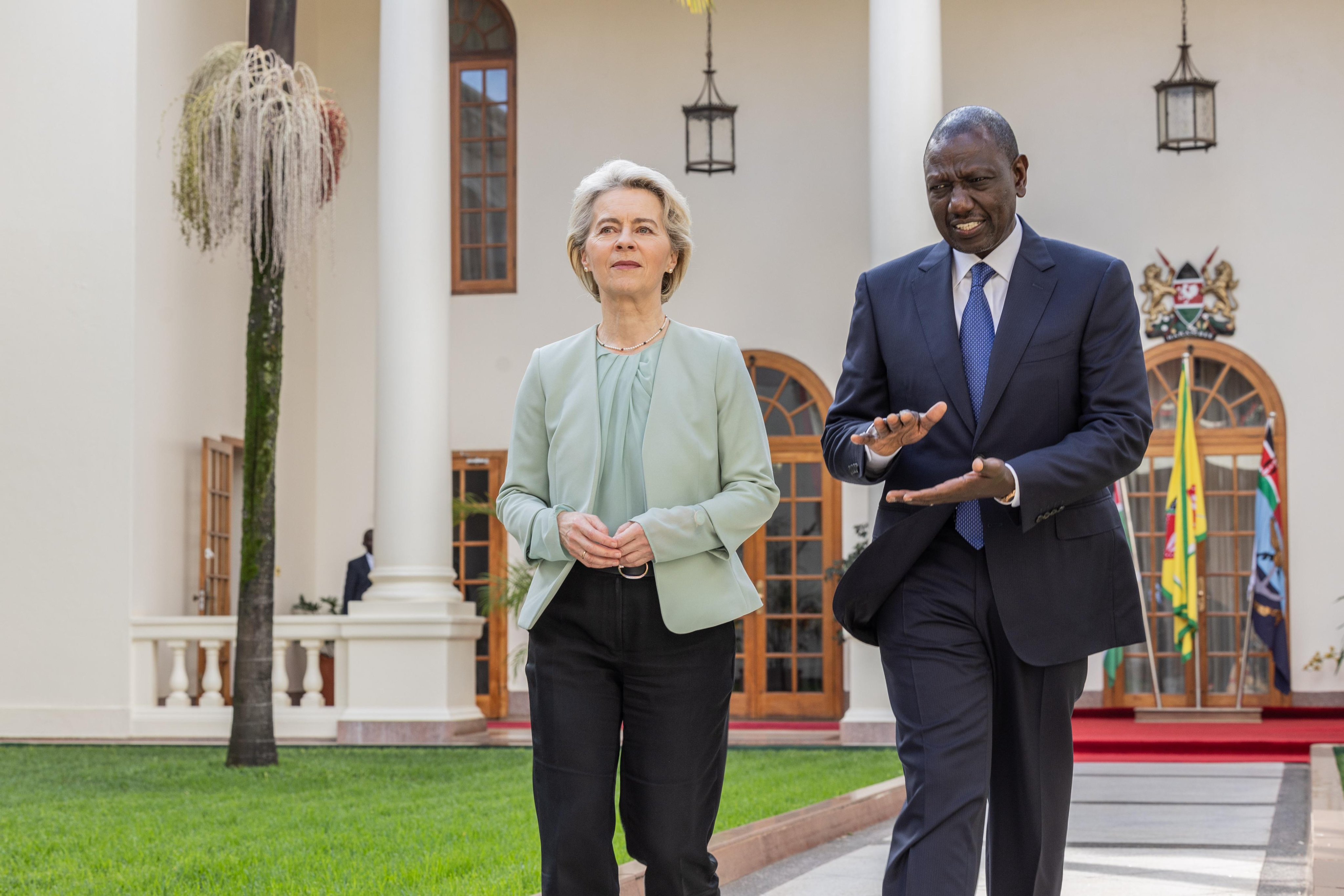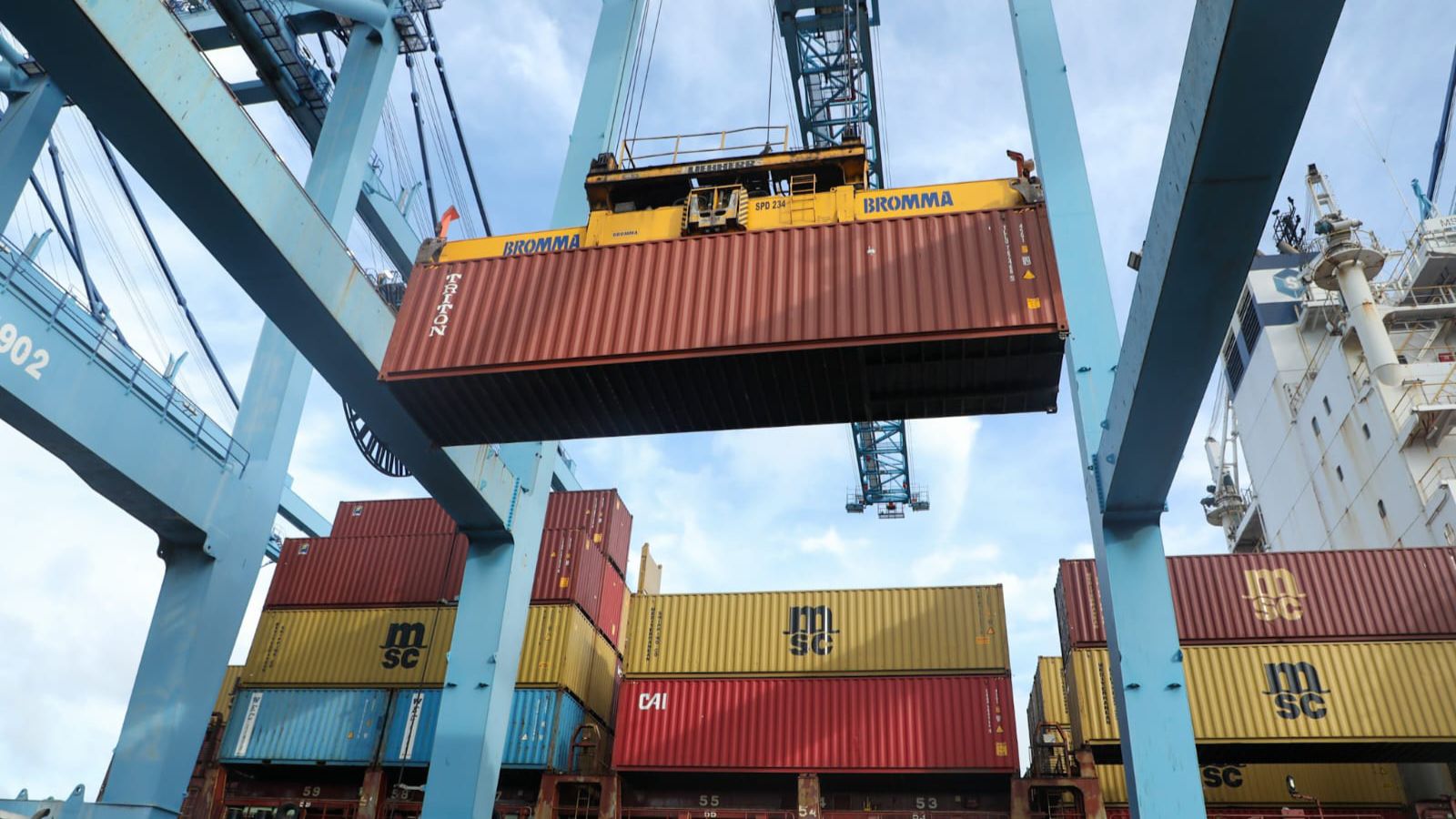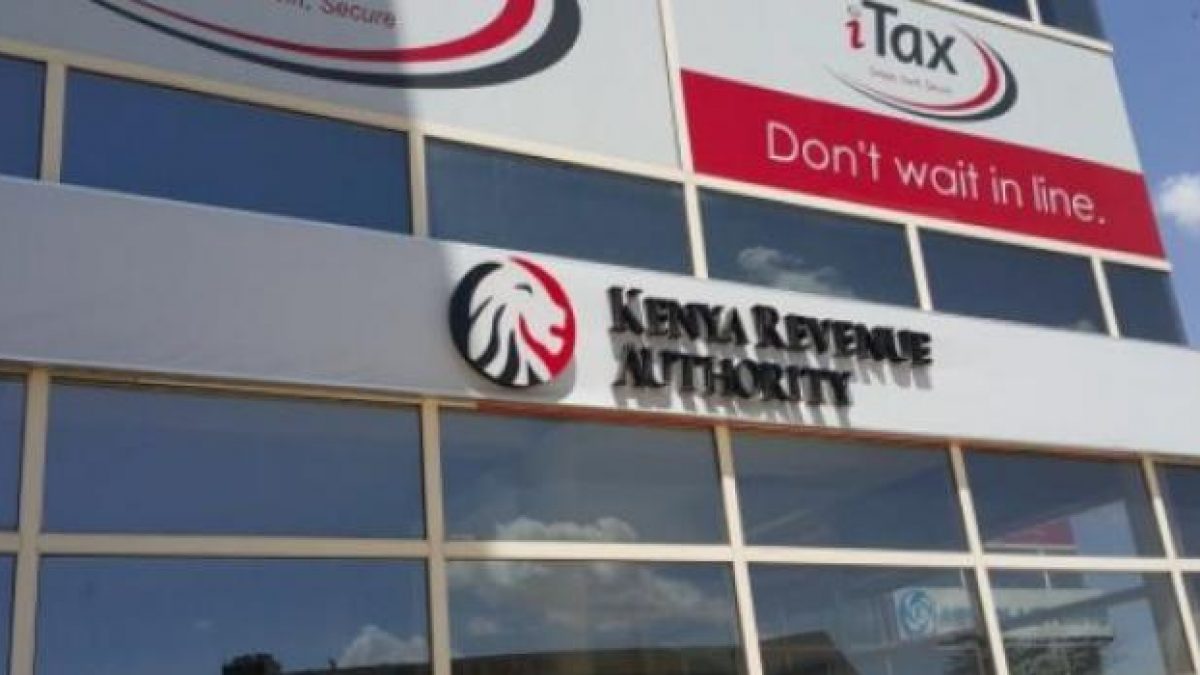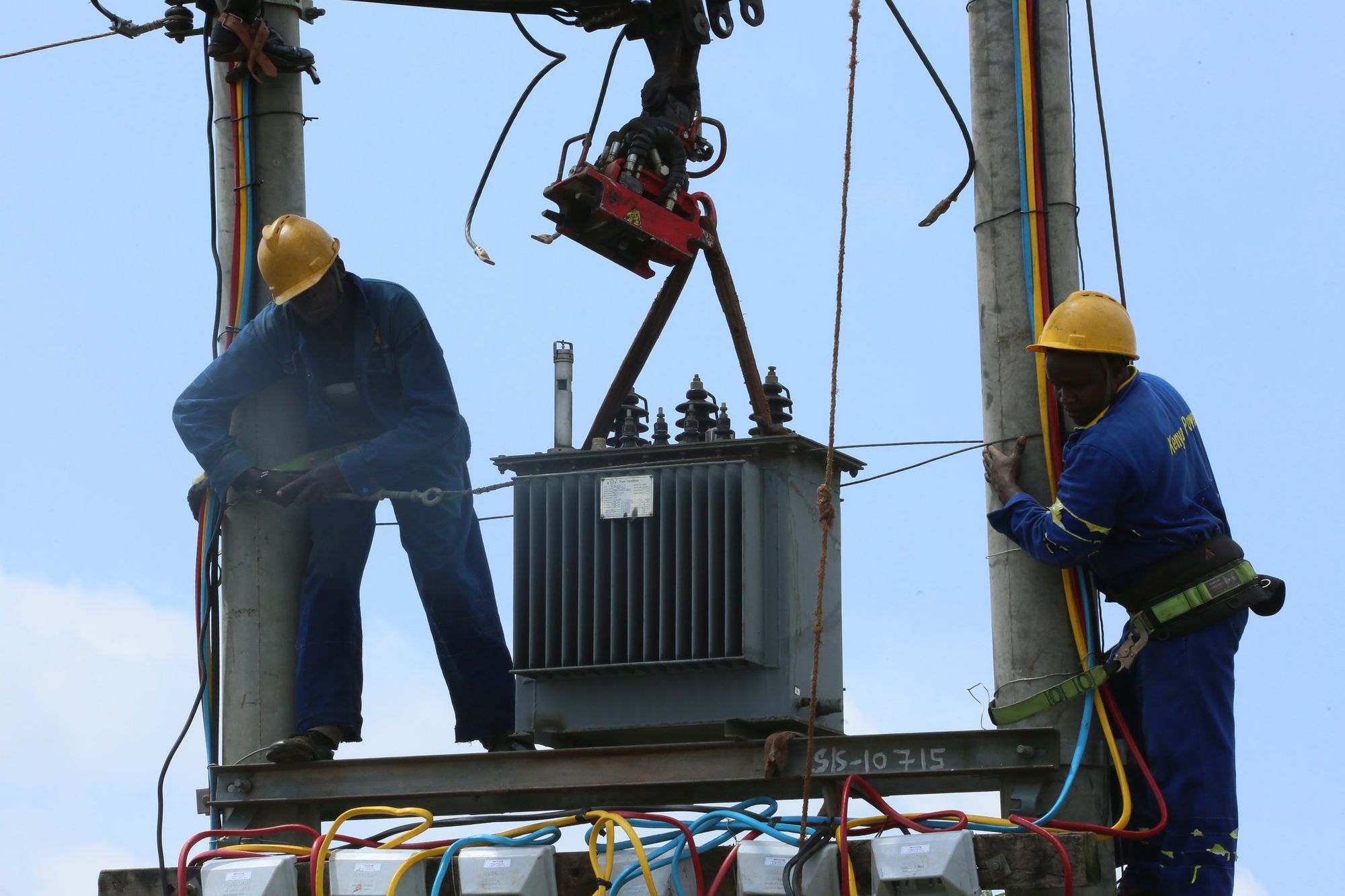The European Union Council on Thursday, May 30 adopted the conclusion of the EU-Kenya Economic Partnership Agreement (EPA).
In a statement, the EU said the agreement will provide duty-free, quota-free EU market access to all exports from Kenya.
“This agreement will strengthen our cooperation with Kenya, the economic hub of East Africa. Workers, businesses, and traders on both sides will benefit from this shared commitment to sustainable development, including labour rights, the environment, and climate action,” the statement read in part.
The President of the European Council Charles Michel noted that the agreement would enhance trade partnership between Kenya and EU and contribute to sustainable growth.
The agreement includes binding provisions on trade and sustainable development, such as climate and environmental protection and labor rights, and a transparent dispute resolution mechanism.
Read More
The EPA negotiations between Kenya and the EU were concluded in 2014. EU and its Member States signed the agreement in June 2016 while Kenya signed and ratified it in September 2016.

The implementation was however delayed because not all EAC partner countries had signed and ratified it.
In May 2021, Kenya formally requested to engage with the EU to move forward with the implementation of the Agreement on a bilateral basis.
The Council adopted a decision on the signing of the EPA on December 12 2023 and Kenya and EU signed the agreement in Nairobi on December 18, 2023.
EU parliament consented to the agreement's conclusion on 29 February 2024 and Kenya ratified the EPA on 24 April 2024.
The European Union is one of Kenya’s largest trading partners and its most important export market. Bilateral trade between Kenya and the EU is worth €3.3 billion (KSh594 billion).
Kenya mainly exports vegetables, flowers, and fruits. On its part, the European Union exports minerals, chemical products, and machinery.




-1771737995.png)






